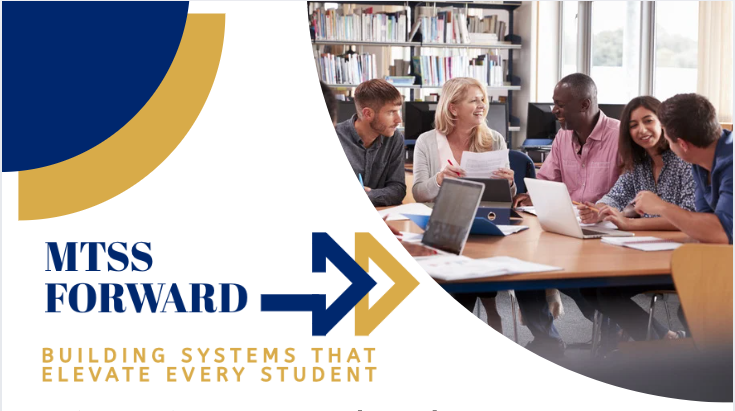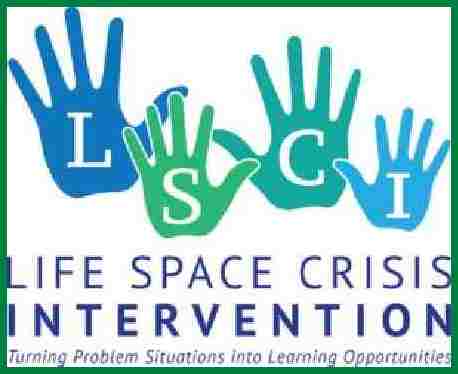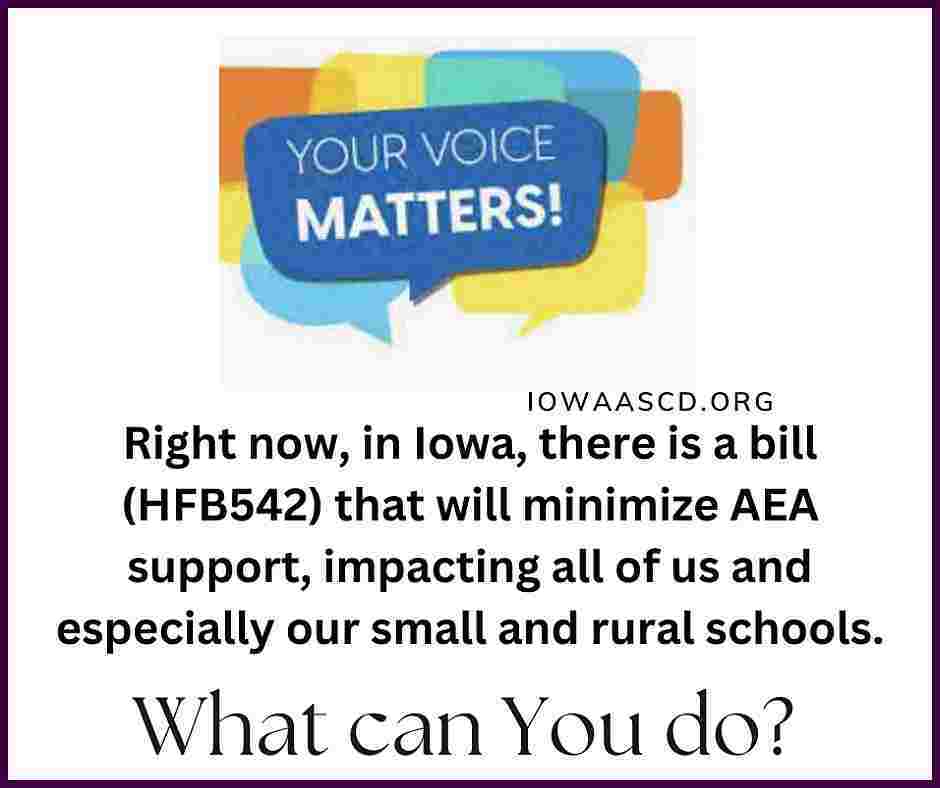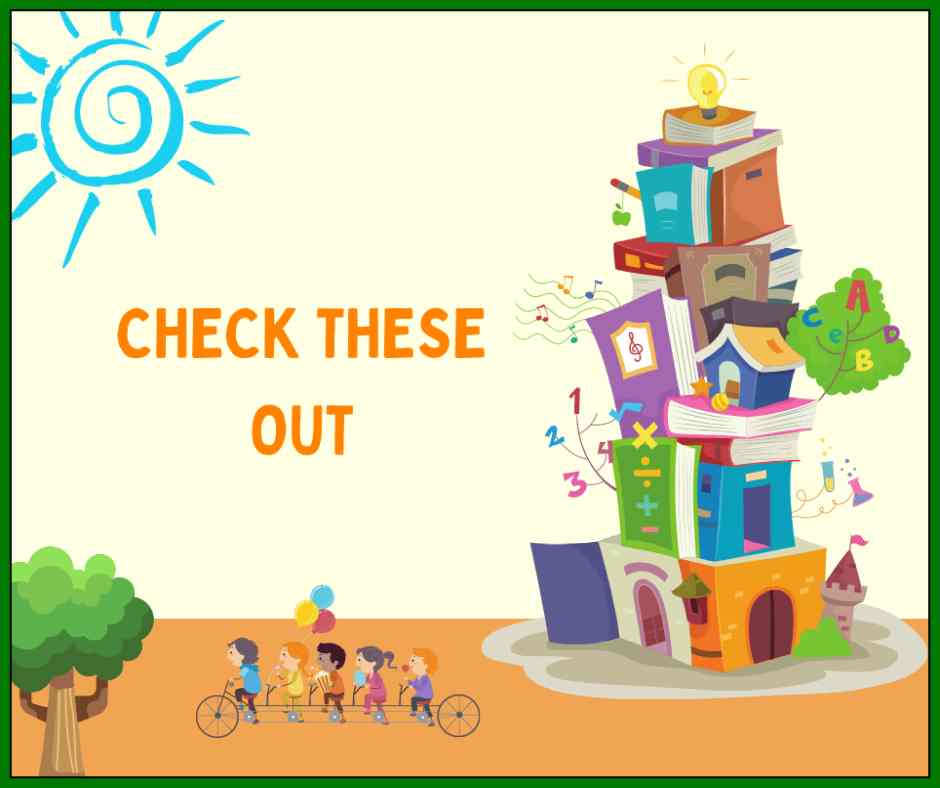ESSA Resources
Featured: Resources for ESSA
December, 2022
-
Webinar: The 4 Actions of Instructional Leadership That Will Turn Your Dream School into a Reality› with Jane Kennedy and Robert Crowe.
Of all the hats a principal wears the most vital is that of instructional leader. An instructional leader elevates achievement by equipping teachers with skills to empower students. An instructional leader respects each teacher as a learner and honors their individual learning process. Learn practical feedback and reflection strategies that support professional growth. Interact with research-based actions and practices in curriculum, instruction, assessment, and climate that foster teacher growth and increase student achievement. Develop the actions of instructional leadership.
This webinar will provide teachers and administrators with the latest research evidence on why classroom formative assessment is the single most cost-effective way of accelerating student progress, providing concrete examples for use in both remote and face-to-face contexts.
Watch this ON-DEMAND, interactive session with one of the world’s most foremost education authorities, Dylan Wiliam, PhD. During the webinar, you’ll discover strategies teachers can immediately use in their classrooms to accelerate student learning.
In these difficult times, more students than ever before are experiencing learning gaps and being placed in academic interventions. While the intent behind intervention is obviously to help students, there is a great deal of research indicating that many interventions have little impact on existing discrepancies and inequities, leaving students in the same situation year after year, perpetually behind (Steiner & Weisberg, 2020).
Read more about why traditional interventions often don’t work, how to use 7 instructional strategies to accelerate student learning, and a research-based professional learning series called the Core Instruction
Power Pack that is designed to help teachers prevent learning gaps.
-
Podcast: K-12 Greatest Hits
K-12 Greatest Hits is a high-level examination of education ideas from the leaders of America’s 14 leading education associations, including the American Association of School Administrators.
If you’ve ever wanted a podcast with hosts who understand what it means to be an administrator, this is it!
- Blog: “Four Characteristics of Effective Classrooms” by Esther Wojcicki, Edutopia
In a recent article on Edutopia, Esther Wojcicki, Tract cofounder and former high school teacher with over four decades of experience, shares the principles and 4 characteristics of effective classrooms she has used to build student excitement in a wide variety of subjects.
"Decades of teaching social studies, math, biology, English, French, and journalism taught me that no matter what the subject, getting high school students excited about it was the key to learning. I also discovered there are some tricks to getting the kids engaged and having a productive learning environment."
-Esther Wojcicki, Edutopia
Learn Esther's 4 characteristics of effective classrooms by reading the full article here on Edutopia.
- Book: The New Classroom Instruction That Works - The Best Research-Based Strategies for Increasing Student Achievement by Bryan Goodwin and Kristin Rouleau
The book that inspired millions of educators to refine their approach to teaching returns for an all-new third edition. Built on a more rigorous research base and updated to emphasize student diversity, equity, and inclusion, The New Classroom Instruction That Works offers a streamlined focus on the 14 instructional strategies proven to promote deep, meaningful, and lasting learning:
· Cognitive interest cues
· Student goal setting and monitoring
· Vocabulary instruction
· Strategy instruction and modeling
· Visualizations and concrete examples
· High-level questions and student explanations
· Guided initial application with formative feedback
· Peer-assisted consolidation of learning
· Retrieval practice
· Spaced and mixed independent practice
· Targeted support
· Cognitive writing
· Guided investigations
· Structured problem solving
These strategies—all of which are effective and complementary—are presented within a framework geared toward instructional planning and aligned with how the brain learns. For each strategy, you'll get the key research findings, the important principles of classroom practice, and recommended approaches for using the strategy with today's learners.
- Article: “Six Considerations for Supporting Students’ Mental Health Needs” by Dr. Matt Townsley and Dr. Nicole Skaar
The mental health of students is on the minds of nearly every K-12 educator in Iowa. Approximately one in five students has a diagnosed mental illness, and these numbers are growing, especially in light of the COVID-19 pandemic (Hawke et al., 2020; Merikangas et al., 2010; Whitney & Peterson, 2019). A recent CDC Foundation (2021) report suggests the COVID-19 pandemic imposed frequent mental health distress among 16% of K-12 student caregivers and clinical depression symptoms among 27% of their teachers, which may be further impacting the mental health of today’s learners. Unfortunately, there is a shortage of community mental health providers, and the wait time for an appointment is an average of 106 days (Butz et al., 2019; Cama et al., 2017). Schools are in a unique position to provide access to mental health care for youth (US DHHS, 1999; President’s New Freedom Commission on Mental Health, 2003), and researchers have indicated that of those students who seek mental health care, most of them access care through school-based services (Duong et al., 2021).
School-based mental health (SBMH) services can provide an access point to care (Duong et al., 2021), and multi-tiered systems of support (MTSS) are often implemented as a systemic framework to meet the social, emotional, behavioral, and mental health needs of all students (August et al., 2018; Eber et al., 2019). Beyond the use of office discipline referrals and attendance records, some schools are now beginning to universally screen for students’ mental health concerns. While we applaud this step, the purpose of this paper is to provide school leaders with six considerations for developing and implementing universal screening and comprehensive systems to support student mental health.






